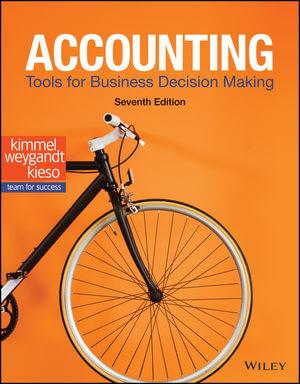Question
You just commenced work as a junior internal auditor at a manufacturing business that employs about 200 people and has an annual turnover of about
You just commenced work as a junior internal auditor at a manufacturing business that employs about 200 people and has an annual turnover of about $100m per year. However, the management is concerned that gross profit (sales less cost of goods sold) seem to be declining.
The business has a number of subsidiaries. These subsidiaries were set up for a variety of reasons. Each subsidiary is 100% owned by the manufacturing business and carries out services for the business in different states, such as New South Wales and Western Australia.
The business has 2 production managers, each looking after one distinct product line. Each manager supervises around 80 workers. The remaining 40 workers are in various administrative and non-production areas, such as HR, security, treasury, and accounting.
The accounting team has 2 staff processing A/R, 2 processing A/P, and a cashier. These all report to the chief accountant. The business also has a purchasing officer who makes purchases for the main business and all subsidiaries. All of these are supervised by the financial controller. The financial controller reports to the chief financial officer, who in turn reports to the chief executive officer.
Recently, a member of the A/P team approached you and expressed concern about certain transactions. The financial controller had told both A/P staff to send all invoices to him that relate to purchases of inventory for a new subsidiary no one seemed to have heard of before. Unusually, these goods would be shipped directly from the supplier to the subsidiary's warehouse. The usual practice in the business is that all purchases go to a central warehouse and are then sent to production as required. The financial controller said that he would approve the invoices for payment relating to the new subsidiary. When one of the A/P staff suggested this was not usual practice, the financial controller started shouting and threatened both staff would lose their jobs if they did not follow his instructions.
A)You do not want to confront the financial controller, as you don't have any evidence and he seems to be aggressive. Identify specific checks in relation to these transactions you could undertake to try to see if a problem exists.(15 marks)
B)What type of breach of internal controls the financial controller's actions represent?
(5 marks)
C)Discuss the implications of this sort of risk for an internal control environment.
(10 marks)
Step by Step Solution
There are 3 Steps involved in it
Step: 1

Get Instant Access to Expert-Tailored Solutions
See step-by-step solutions with expert insights and AI powered tools for academic success
Step: 2

Step: 3

Ace Your Homework with AI
Get the answers you need in no time with our AI-driven, step-by-step assistance
Get Started


